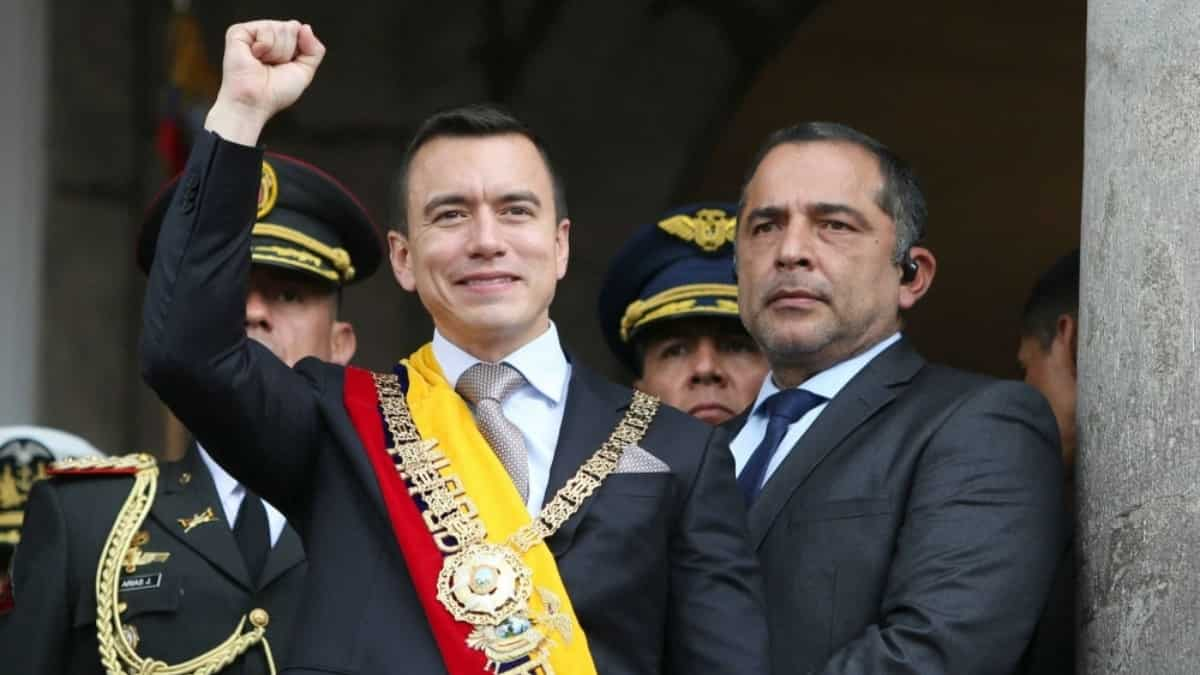Overview of Ecuador’s Recent Referendum
The referendum in Ecuador took place amidst significant events, including the approval of security measures and the rejection of certain economic reforms. Here is a breakdown of the key points:
Approved Security Measures
- Ecuadorians approved a series of security measures, including extradition for drug traffickers.
- Nine points of interest related to actions against cocaine cartels were successfully passed in the referendum.
Rejection of Economic Reforms
On the other hand, voters rejected proposals to liberalize the labor market and allow international arbitration for foreign investors in the country.
Implications of the Referendum
The referendum served as a crucial test of President Daniel Noboa’s popularity and policies. Here are some key takeaways:
Political Impact
The results of the referendum are expected to strengthen Noboa’s position in Quito’s corridors of power, particularly regarding his anti-gang policies.
Economic Challenges
However, the rejection of proposed economic measures may hinder Noboa’s mandate to implement reforms necessary for a new deal with the International Monetary Fund.
Future Outlook
Despite challenges, the referendum indicates that Noboa remains a frontrunner in the upcoming election. His actions and policies have garnered both support and criticism.
Background on President Noboa
President Noboa, a 36-year-old US-educated leader, has faced various challenges during his term, including security issues and economic promises. His administration’s decisions have sparked both domestic and international reactions.
International Incident
Notably, the referendum coincided with an international crisis when Ecuador’s actions at Mexico’s embassy stirred controversy. Despite diplomatic repercussions, the government received backing from local residents.
















































